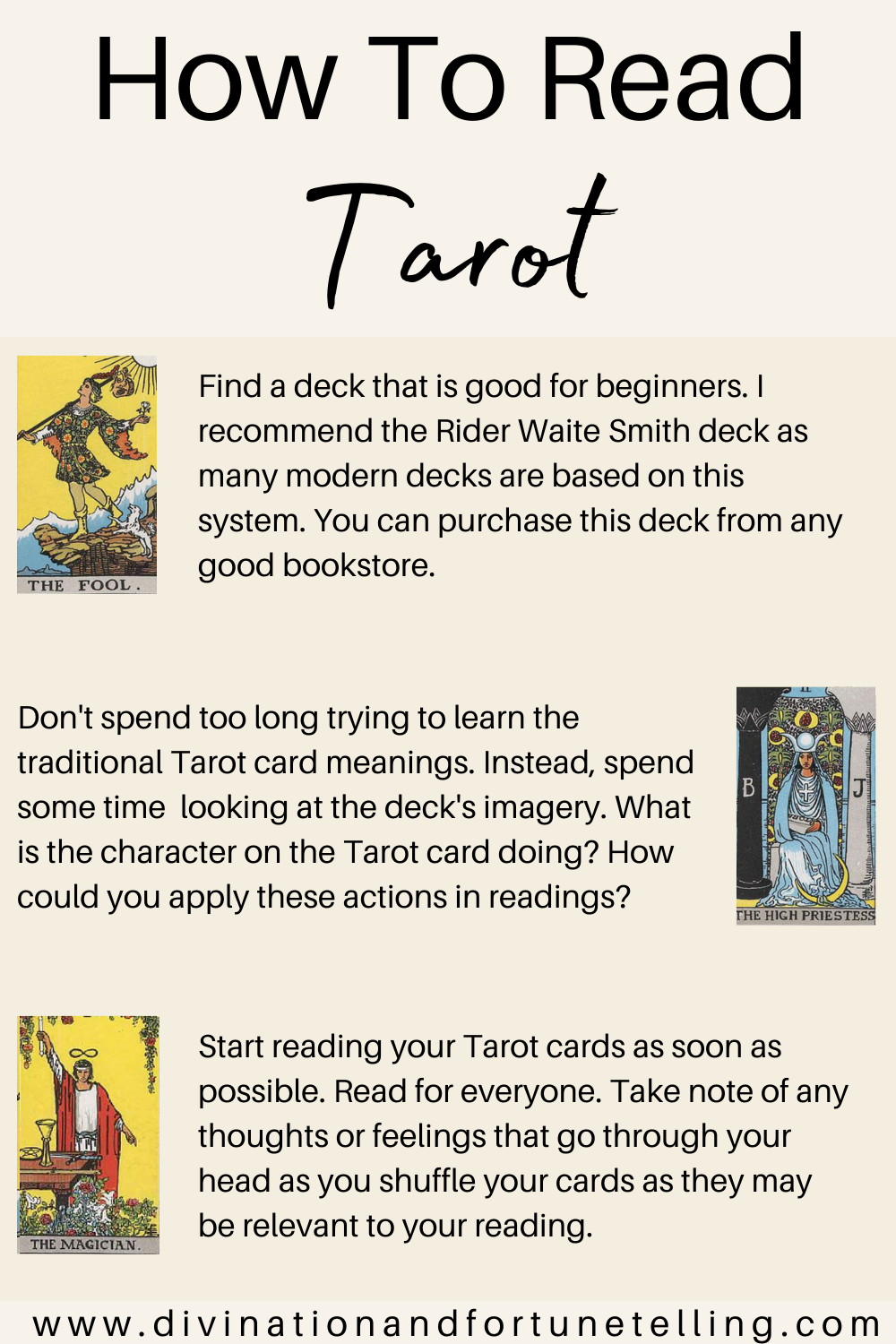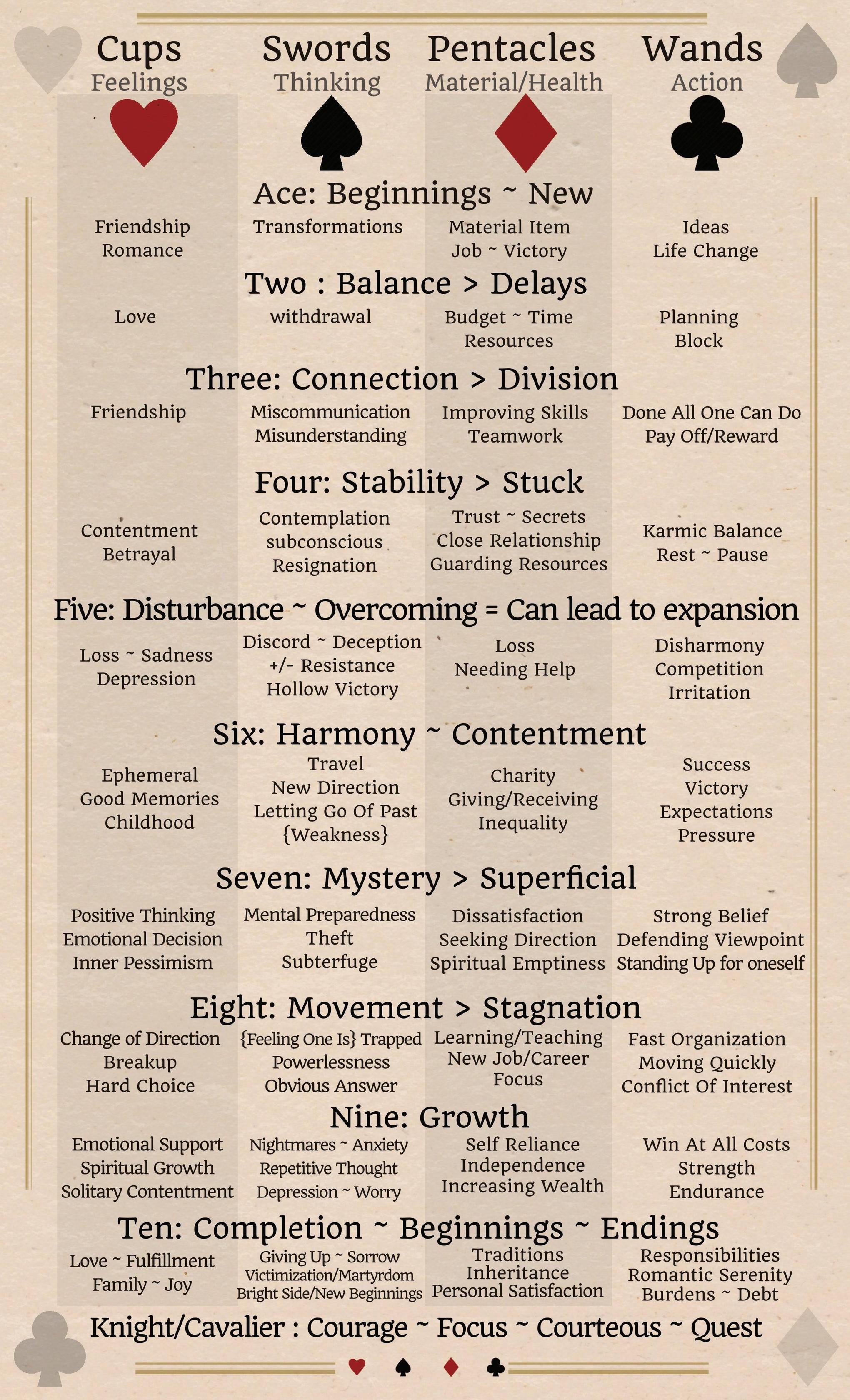
In tarot, the number five has a number of meanings. It is the key holder, and is also known as the emotional number. To illustrate, if you draw a mountain the number 1 would be at the base, while the number 5 would be at the top. Although the symbolism of five is complex, the number is common.
The Judgement
The Tarot's Judgement of Five can be used to represent internal conflict. While the finality is evident in such a situation the others might be less sure. Even though the decision appears final, the cardholder may be left with little to no direction on how to proceed. Although many Tarot cards imply a sense of inevitability, this one focuses on free will.

This card can also be used to call you to a higher level consciousness. It suggests that in order to shift into a higher frequency, we must first evaluate ourselves. This can lead to self-healing and self-awareness.
The Five of Swords
The Five of Swords (or Five of Swords) is a card that encourages us to choose our fights. If this card is in a couple, it will encourage you to pick your battles carefully so that you can win them. You may have a problem with your relationship if you don't do this.
The Five of Swords also can reveal our dark side. It shows us when we are selfish or have let someone down. You may see this card if you have let someone you love down or are engaged to an affair. You may also see it if you have fired someone.
The Hermit
The Hermit in Tarot represents solitude or a time when you need more of yourself. If you have a partner, the Hermit may indicate that the two of you need to part ways. The Hermit signifies an inner journey that will teach your a lot.

A Hermit reading will give you valuable insight into how to approach a relationship. It can help guide you through the consequences and then make the decision to move on. The Hermit isn't a sign that you are doomed, but it does indicate that you must be honest with yourself before you can enter into a romantic relationship.
FAQ
What are good hobby ideas?
Your favorite hobbies are ones you enjoy. You will find it easier to stay motivated if you love what your doing. You'll also have an excuse when you're not feeling well or tired!
We all have hobbies that we love and know. These include painting, crafting, photography, cooking and sports.
You might also consider volunteering at a local charity shop or animal shelter, children’s hospital, hospice, elderly home, school, community centre, church, and other places.
You might be looking for something more adventurous. Consider scuba diving and skydiving.
You can spend your time outdoors in many different ways, including spelunking, snowshoe hiking, snowshoe hiking and more. These include caving.
What are some great hobbies ideas?
Hobby Ideas for those who love to teach and learn.
Hobbies are great ways to spend time doing what you enjoy while learning something new at the same time.
Although there are many hobbies to choose from, they all share some common characteristics. These hobbies are often enjoyable and require minimal effort.
They also tend to involve working with others, whether teaching someone how to play an instrument or helping them build a model airplane.
Even though you might not think of yourself to be a teacher or a tutor, chances are there are things you can do that could help someone else.
Consider starting a hobby to use your creativity to help others.
What does a hobby cost?
It costs nothing to start a hobby. But it could take years to achieve what you want if you are serious about it.
One thing can help you. It's called "passion." If you are passionate about what you do, it will be easier to work hard and make progress.
Once you put in the hours, you might find yourself addicted to the activity. This is when the real fun begins. Because you are enjoying what you are doing and are constantly improving. This will mean that you will have likely made significant improvements by the end.
Do not worry about the time it takes. Give it a shot. You may be surprised!
What are observation hobbies?
Observation hobbies allow you to observe others doing the same thing. These hobbies could include reading books, watching sports, or going on vacation. It could also be observing other people as well.
Observation hobbies can be very beneficial because they allow you to learn how creative thinking works. This knowledge can be used later to help you with projects that you are working on for others or yourself.
If you are passionate about something, you will find it easier to learn about it.
If you're interested in football, for instance, you could watch it or read a book. If you want to learn more about photography, you could take or visit exhibitions.
You could also buy a guitar or play along online to music if you are a musician.
You could also choose to cook at home or go to restaurants if you are a good cook.
If gardening interests you, you could plant vegetables or flowers.
If you like dancing, you could join a dance class or go out with friends.
If you like painting, you could paint pictures.
Writing poetry or stories is a passion if you are a writer.
If you like drawing, you could draw pictures.
If you have a passion for animals, you might be able to look after them or work in a zoo.
You could choose to study biology, maths, chemistry, or physics if you are interested in science.
You can read books, listen to podcasts, or watch films if history interests you.
If you enjoy traveling, you can travel around the world or just explore your own area.
What types of hobbies are suitable for introverts?
Introverts can focus on only one thing at a given time. They tend to prefer solitary activities such as reading, writing, playing music, watching movies, etc.
They also love to spend quiet time by themselves. They are not social creatures and don't want to be around people all day. They often feel bored when they are surrounded by people.
Introverts may choose to do hobbies that are more alone-oriented. They might enjoy reading, listening to music or taking photos, painting, writing poetry, and other such activities.
Many introverts choose to live alone. They can focus on their hobbies and not be distracted by other people.
Statistics
- 37% Video Games 36% Travel 36% Health and Fitness (quizexpo.com)
- The Role of the Mind in Sex, Dating, and Love: Men in the “humor” condition received phone numbers from 42.9% of the female participants and were refused 57.1% of the time. (time.com)
- Almost 80% of people claim to have no hobby. (hobbylark.com)
- This 100% accurate personality-analyzing hobby quiz discovers your passion based on your characteristics. (quizexpo.com)
- Studies show that just six minutes of reading can reduce stress levels by 60 percent. (oberlo.com)
External Links
How To
How to learn how to play a musical instrument
There are many different ways to learn how music is played. You have the option of going to school, buying a book or taking lessons from someone who plays an instrument. Or, you can watch videos online. However, if you decide to find your own way to learn, here are some tips and tricks that might help you out.
-
Find something that interests and you. If you don't like any of the instruments you see around, then you should try another one. It's difficult to take up a hobby if you don’t love playing the instrument.
-
Be patient. It takes time to learn anything new. It is unrealistic to expect to know everything instantly. Instead, practice every day.
-
Keep practicing regularly. Even if you feel tired, keep practicing. This will ensure you don't forget what lessons you have just learned.
-
Make sure you choose a safe place to practice. It is best to find a quiet space where you will not disturb others. You should also make sure there aren’t any distractions. For example, avoid having loud music playing nearby.
-
Have fun! Music is meant to be enjoyed. Make sure you have fun while practicing. Enjoying yourself will motivate you to continue going at it.
-
Set goals. Set goals. You'll know exactly what you must achieve. There is no excuse for failure.
-
Keep track your progress. List all of your successes as well as your failures. Doing so will help you improve over time.
-
Pause. Sometimes, all you need is to take a moment to think. Take breaks to allow you to reflect on things.
-
Ask questions. Ask questions. They may be willing to help.
-
Listening can teach you a lot. Many musicians enjoy listening to their favorite songs and trying to imitate them. This helps musicians understand the fundamental concepts of the song.
-
Read books. Lessons learned from books are more valuable than videos and classes. Books often contain information you can't find elsewhere.
-
You can join a band. Playing with others forces you to practice more. Plus, you will meet people who share similar interests as yours.
-
View tutorials. Tutorials are brief videos that cover a variety of topics in great detail. These videos usually focus on one specific aspect of the instrument. You can learn difficult parts of the instrument by watching tutorials.
-
Different methods are possible. Some people prefer to learn through lectures, whereas others learn better by reading. Find what works best for your learning style.
-
Practice makes perfect. It is not possible to become an expert overnight. Instead, it takes time and effort to become proficient enough for you to succeed.
-
Learn from other musicians. You can learn faster by listening to other musicians play your favorite songs.